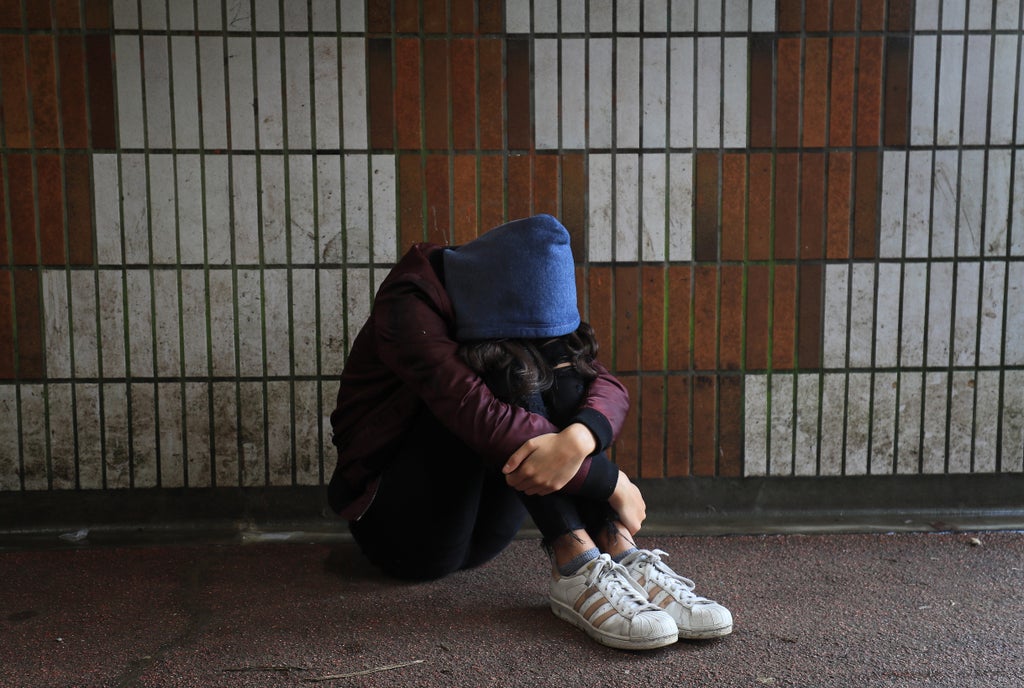
Health leaders fear the rise in children and young people needing treatment for eating disorders is “the tip of the iceberg” as the impact of the pandemic becomes clearer.
An “urgent plan” and further funding is needed to get the health services to where they need to be, according to the NHS Confederation.
The membership body, which represents healthcare organisations, said thousands of young people risk continuing to miss out on much-needed help unless the Government commits to ongoing specialist funding.
We know that an estimated 1.5 million children and teenagers will need new or additional support for their mental health over the next three to five years and this includes seeking treatment for eating disorders
The NHS Confederation’s mental health network is calling for an extra £12 million over the next two years to get children and young people’s eating disorder services “back on track”.
Some 249 under-19s suffering illnesses like anorexia and bulimia were on the waiting list at the end of March, up from 130 the same time last year, figures published by NHS England show.
The number waiting more than 12 weeks for urgent treatment stood at 94, up from 13 at the end of March 2021.
NHS Confederation chief executive Matthew Taylor said: “The explosion in the numbers of children and young people seeking and needing treatment for eating disorders is really concerning and it is very worrying that this could just be the tip of the iceberg as we start to uncover what the pandemic has meant for their mental health over the past two years.
“We know that an estimated 1.5 million children and teenagers will need new or additional support for their mental health over the next three to five years and this includes seeking treatment for eating disorders.
“While our members are doing all they can to provide these specialist services, we do need to see an urgent plan and continued investment to allow the NHS to get back on track and give these most vulnerable of young people the treatment and care they need as quickly and effectively as possible.”
Ifti Majid, chairman of the NHS Confederation’s mental health network and chief executive of Derbyshire Healthcare NHS Foundation Trust, said: “Specialist eating disorder services for children and young people are undoubtedly under strain.
“The numbers seeking treatment have gone through the roof following the intense and often very difficult situations that many of our country’s children and teenagers have experienced over the last two years.
“We need to ensure that there is adequate funding, early intervention services and wraparound pathways of care available to those that need it.”
Professor Sandeep Ranote, consultant paediatric psychiatrist and mental health lead for Greater Manchester Health and Social Care Partnership, said: “Whilst organisations are rolling out innovative ideas and using best practice, including in Greater Manchester, where we are redesigning how we deliver services in an integrated way across the whole system to improve responsiveness and care and support those on waiting lists to try and meet the increasing demand, the numbers don’t lie.
“However, there isn’t one factor leading to the huge rise in demand; many children and young people experienced anxiety related to lockdowns, school closure, loss of structure and peer group activities, loneliness and challenging public messaging, which have all contributed to this significant increase.
“Demand is sky high across the country and these are serious life-threatening illnesses, so in order for the integrated care systems to meet this need, we need to see a keen focus on the further development of eating disorder services.”







